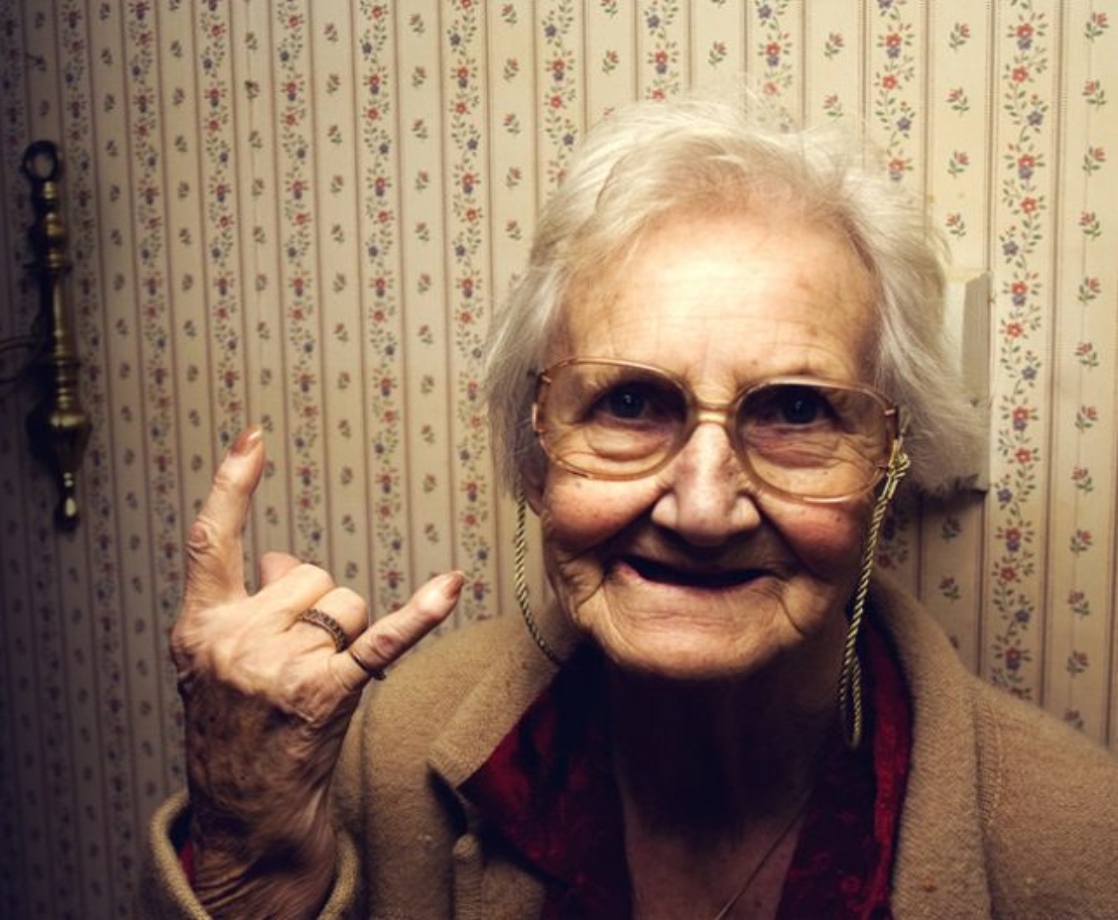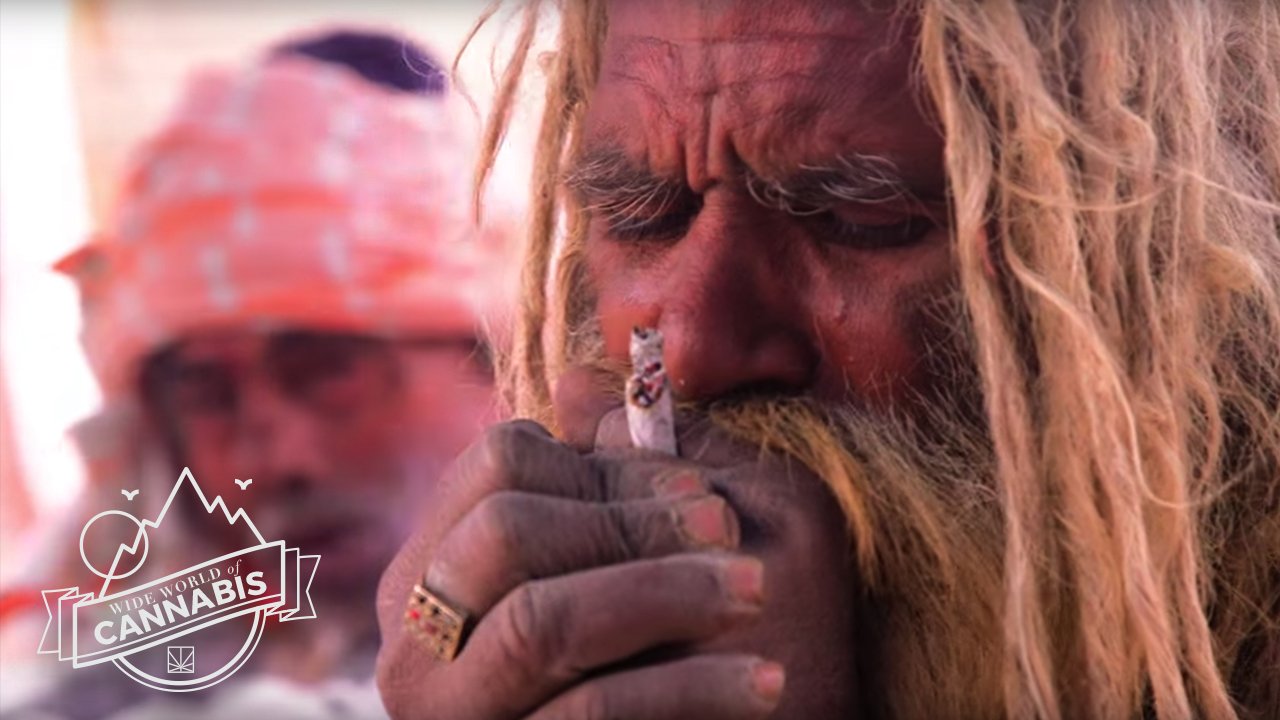If you're black and busted with weed in Fresno, you are more likely to be arrested. That's just one instance of the extreme racial, ethnic, and age disparities uncovered when it comes to policing marijuana possession, a newly published analysis by the Drug Policy Alliance and the American Civil Liberties Union.
Data provided by the Los Angeles and Fresno police departments, which was collected from 2011-2012, shows that young blacks and Latinos deal with persecution for marijuana possession much more often than whites. Despite the fact that white people consume marijuana at about the same rate as their black and latino counterparts, these minority groups were issued citations at a much higher rate.
The Fresno data was particularly alarming, showing that, per capita, black citizens were cited a whopping 3.6 times more often than whites, while Latinos were cited about 1.7 times more often. It seems that gender plays a major role in marijuana policing too, as 90% of marijuana-related infractions were issued to men or boys. This revelation comes after the state of California changed low-level marijuana possession penalties from a misdemeanor to an infraction back in 2011, making possession of under one ounce of marijuana punishable with a fee of up to $100.
But, according to the analysis, the disparity between marijuana persecution of black and white people in Fresno is growing even wider. Before California decided to reduce marijuana possession to an infraction, blacks were 2.2 times more likely than white Californians to be arrested for marijuana possession. Although marijuana in California is slowly becoming "less illegal" in a certain sense, the numbers prove that blacks and Latinos are still persecuted at a much higher rate for possessing their beloved plant matter.
All in all, these small steps towards legalization have not helped blacks and Latinos as much as some might expect. Although the penalty for marijuana possession has been reduced over time, the legal fees, court costs, and time consumption that come alongside these infraction penalties are still negatively impacting the livelihood of young black and Latino men.











